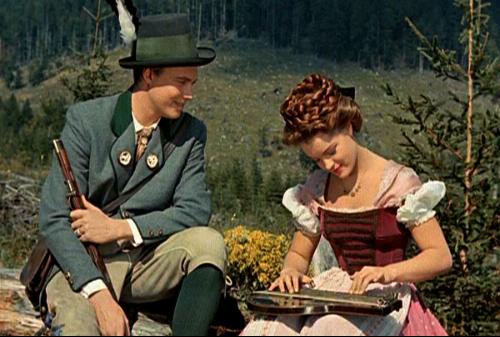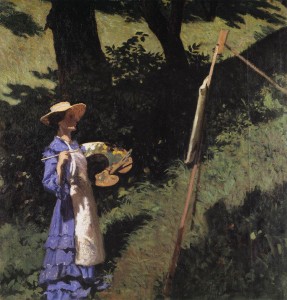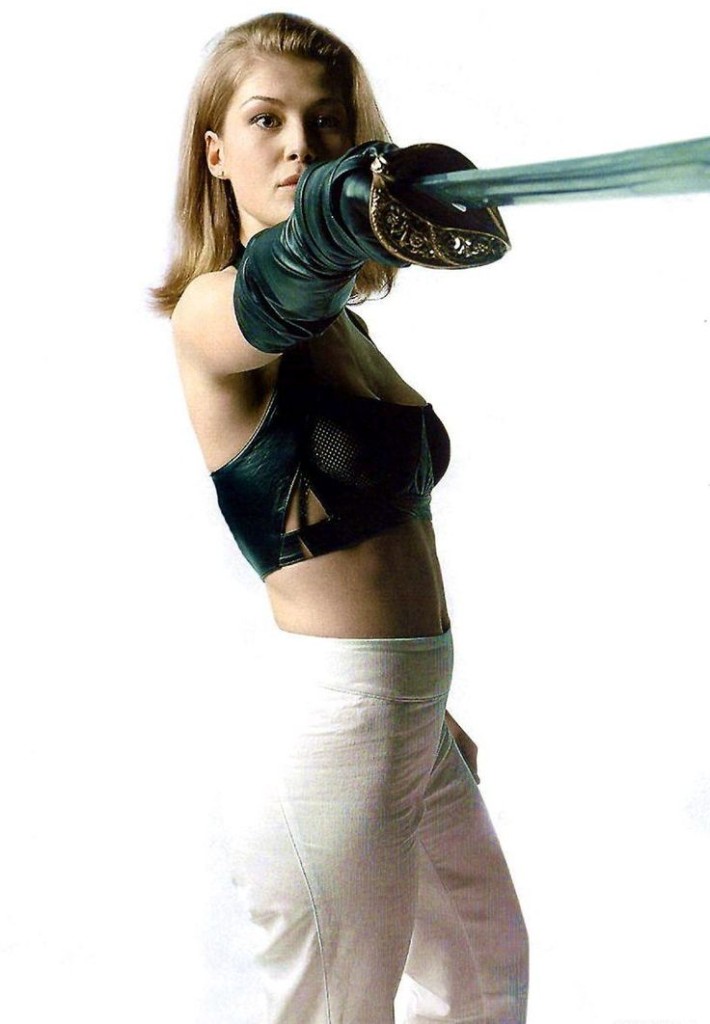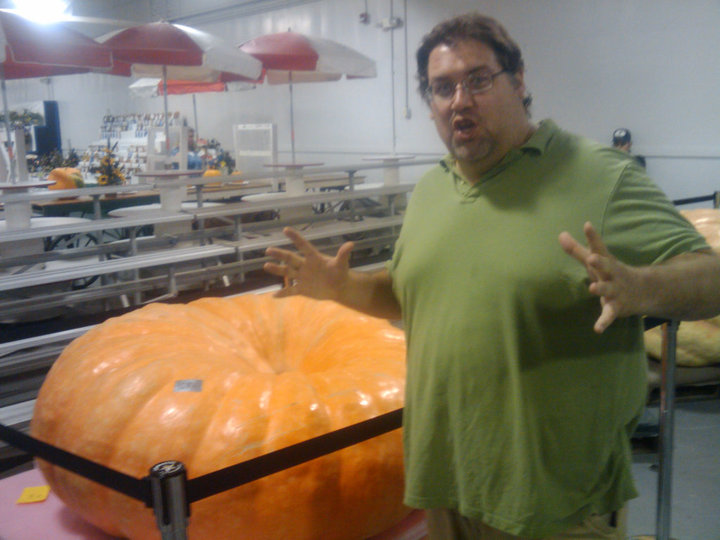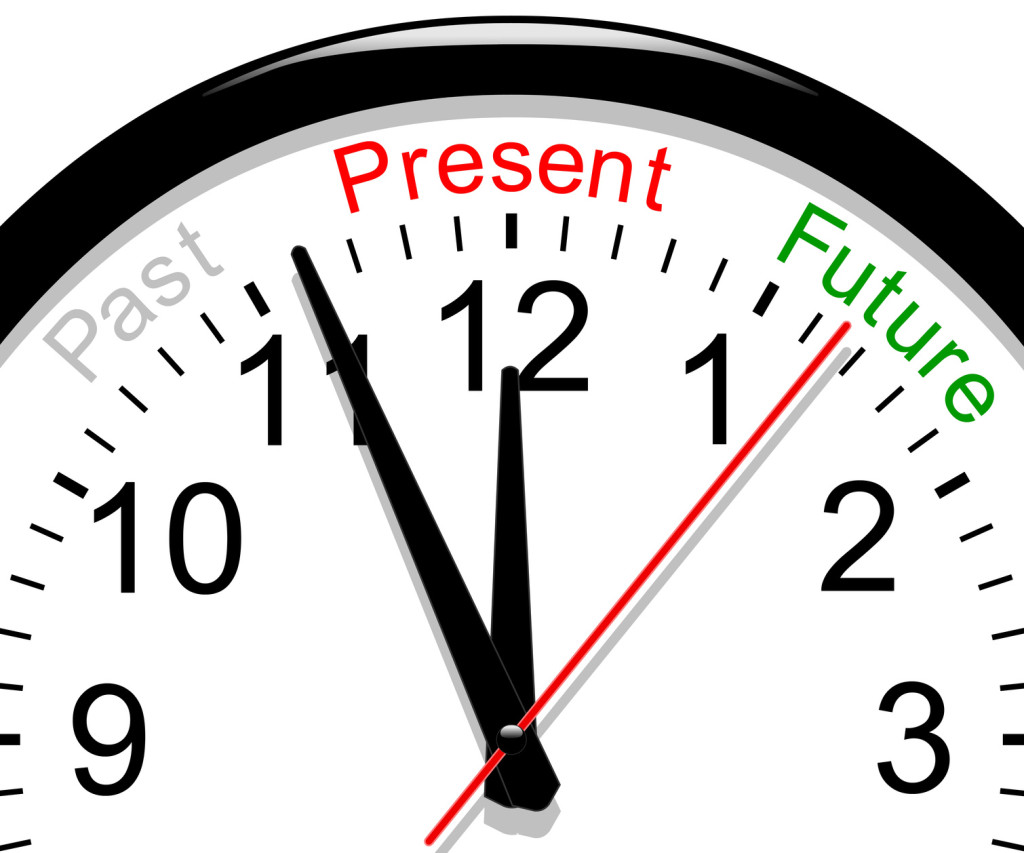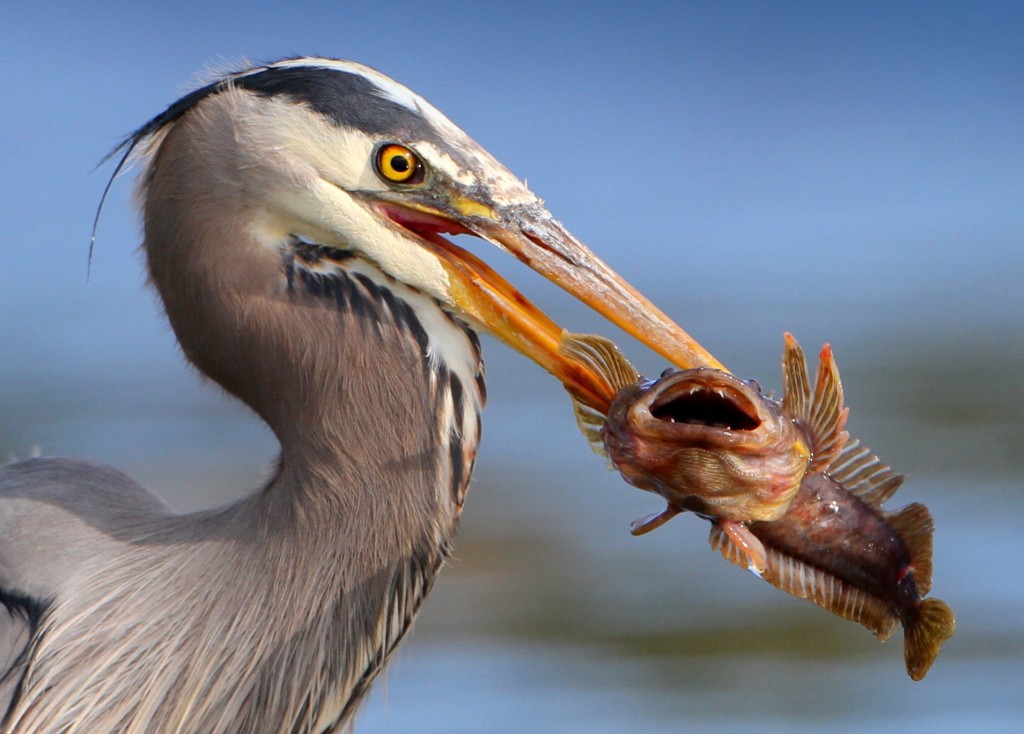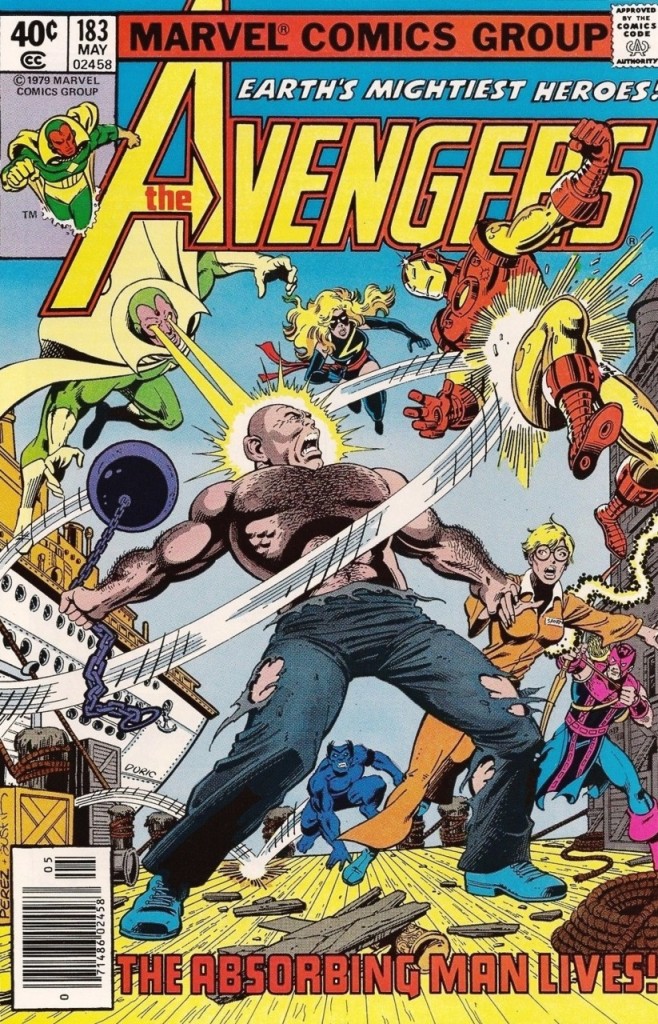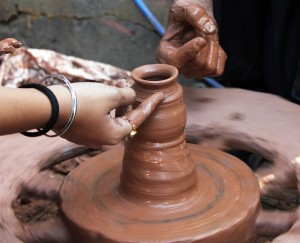Zither, chess, book, painting, sword.
These symbolize classical skill.
There was once a wanderer who cared nothing for fame. Although he had many chances for position, he continued to search for teachers who could help him master five things: zither, chess, book, painting, and sword.
The zither gave him music, which expressed the soul. Chess cultivated strategy and a response to the actions of another. Books gave him academic education. Painting was the exercise of beauty and sensitivity. Sword was a means for health and defense.
One day a little boy asked the wanderer what he would do if he lost his five things. At first the wanderer was frightened, but he soon realized that his zither could not play itself, the chess board was nothing without players, a book needed a reader, brush and ink could not move on their own accord, and a sword could not be unsheathed without a hand. He realized that his cultivation was not merely for the acquisition of skills. It was a path to the innermost part of his being.

